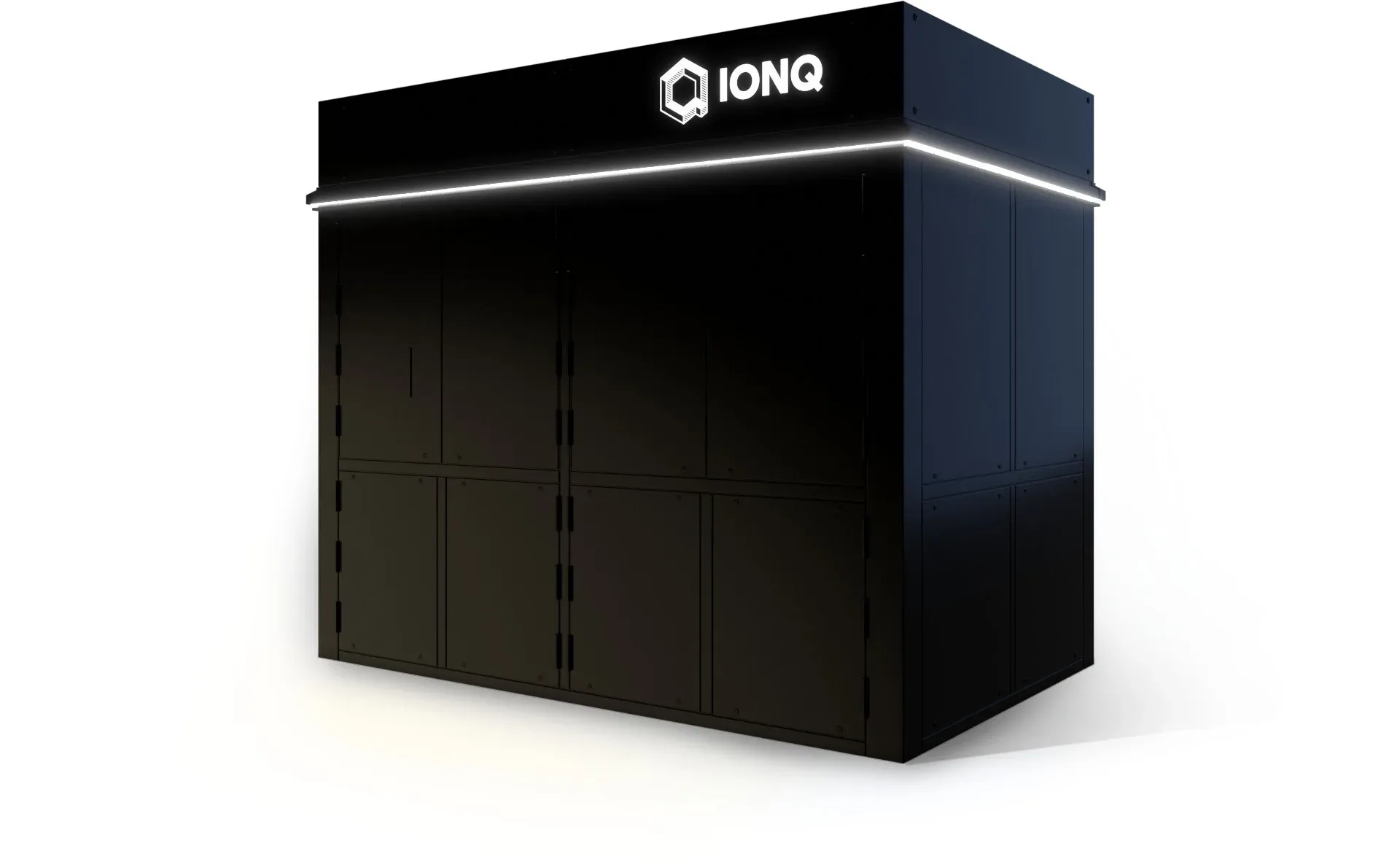One of the barriers faced by scientists and engineers in the development of quantum computers is the error it suffers when qubit encounters environmental interference. Excitingly, researchers from IonQ Inc. and the University of Maryland in collaboration with scientists from Duke University and Georgia Institute of Technology, on Monday, published the results of a breakthrough in error correction technology for quantum computers.
The result, which can be found in the journal “Nature” demonstrates how quantum computers can overcome quantum computing errors by combining multiple qubits to form a “logical qubit” that more securely stores quantum information.
More important than just storing information, quantum algorithms need to access and manipulate this information. To achieve this, there is a need for a “fault-tolerant logical qubit” to avoid creating more errors.
The team demonstrated their breakthrough by sharing how trapped ion systems like IonQs can position “fault-tolerant logical qubits” to overcome the problem of quantum error correction. Creating this “fault-tolerant logical qubit” will set a pace for others to develop quantum computers that are strong, reliable and can be used for large scale industrial purposes. More interesting is IonQ’s ability to minimize qubit cost by applying error correction in moderation.
The president and CEO of IonQ, Peter Chapman said that the development will significantly reduce the overhead on computational power that is required for error correction in quantum computers. He also added that the research demonstrates how IonQ systems trapped ion approach faults tolerance by turning small, unreliable devices into well trusted and reliable devices.
In no particular order, this study was led by:
- Chris Monroe (IonQ cofounder)
- Professor Ken Brown (IonQ technical advisor and Duke)
- Laird Egan and Daiwei Zhu (recently graduated UMD PhD students and current IonQ quantum engineers)
Coauthors of the paper include:
- Marko Cetina (UMD and Joint Quantum Institute (JQI) research scientist)
- Crystal Noel (UMD postdoctoral researcher)
- Andrew Risinger and Debopriyo Biswas (UMD graduate students)
- Dripto M. Debroy (Duke University graduate student)
- Michael Newman (postdoctoral researcher)
- Muyuan Li. (Georgia Institute of Technology graduate student)
In other news, IonQ recently demonstrated the first reconfigurable multicore quantum architecture technology which is capable of configuring 4 chains of 16 ions into quantum computing cores. Also, apart from being the first publicly traded pure-play quantum computing company, IonQ has become the first quantum computer company to have its systems available for use across all major cloud providers.

